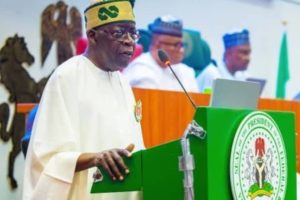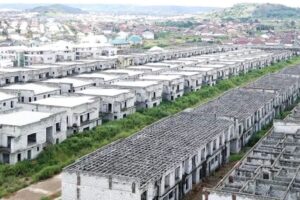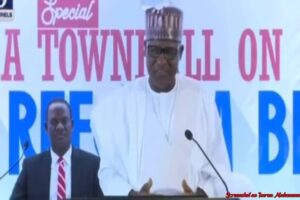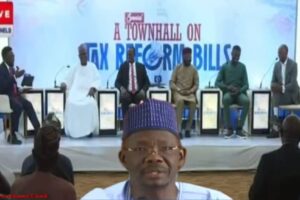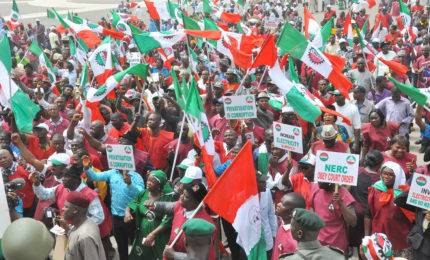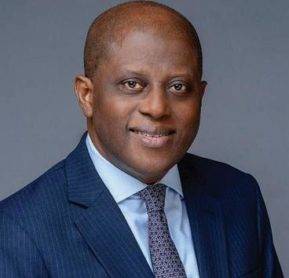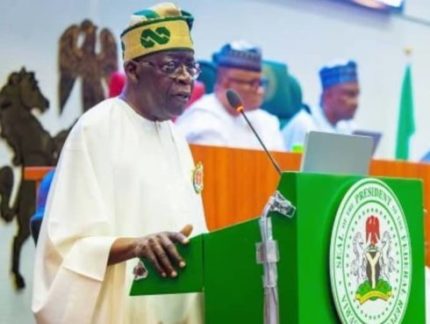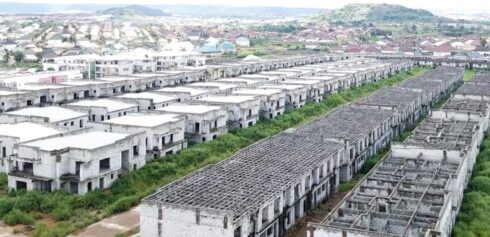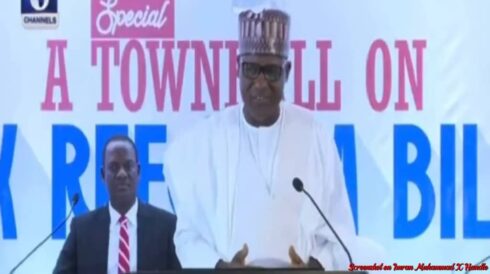In a recent development, the House of Representatives has voiced its concerns regarding the 2012 Steve Oronsaye Report, highlighting its outdated nature. Members of the House have urged President Bola Tinubu to initiate a comprehensive review of the report before moving forward with any implementation plans. This call for action comes amidst growing apprehensions about the efficacy and relevance of the recommendations put forth in the report.
Responding to the pressing need for a thorough review, the House has taken proactive steps by establishing a 23-member committee, led by House Leader Julius Ihonvbere. The primary objective of this committee is to propose suitable measures to address any potential consequences that may arise from the implementation of the Oronsaye Report.
Urgent Motion Addressing Public Concerns about Oronsaye report
During a recent session of the House of Representatives, legislators Kama Nkemkanma, Olumide Osoba, and Gaza Gbefi brought forward a motion addressing a matter of urgent public concern. The focus of their motion centered around the recommendations outlined in the Oronsaye Report, which advocate for significant structural reforms within government agencies.
Key recommendations highlighted in the motion include the reduction of statutory agencies from 263 to 161, the abolition of 38 agencies, and the conversion of 14 agencies into departments within ministries. Additionally, the report calls for a management audit of 89 agencies to capture biometric data of employees, along with discontinuing government funding for professional bodies and councils.
Government Savings and Previous Reviews
The legislators emphasized the potential for substantial government savings, estimated at over N862 billion between 2012 and 2015, if the recommendations of the Oronsaye Report were to be implemented. A breakdown of these savings indicates significant amounts from various sectors, including universities, polytechnics, colleges of education, and federal medical center boards.
However, concerns were raised regarding previous reviews of the Oronsaye Report, notably the dismissal of the majority of suggestions by the White Paper Committee established during Jonathan’s administration. Despite subsequent efforts by the Muhammadu Buhari-led Federal Government to review the report through various committees chaired by esteemed retired civil servants, including Goni Aji and Ama Pepple, concerns persist regarding the lack of concrete action following these reviews.
The House of Representatives’ call for a comprehensive review of the Oronsaye Report underscores the need for proactive measures to streamline government agencies and optimize resource allocation. As discussions continue, stakeholders await further developments and potential reforms aimed at enhancing efficiency and accountability within the Nigerian government.
Focus on Economic Diversification and Sectoral Reinforcement
In addition to the critique of the Orosanye Report implementation, the House of Representatives has urged the Federal Government to prioritize policies aimed at repositioning key sectors of the economy. Emphasizing the need for diversification, lawmakers advocate for initiatives that bolster the agricultural, solid mineral, and informal sectors. By investing in these alternative sectors, policymakers aim to create avenues for employment and economic growth, thereby offsetting potential job losses resulting from governmental restructuring.
The call for sectoral reinforcement aligns with broader national objectives of economic diversification and resilience. By diversifying the economy beyond its reliance on the public sector, policymakers seek to mitigate the socio-economic impacts of structural reforms while fostering long-term sustainability. The emphasis on proactive policy interventions underscores the government’s commitment to navigating the challenges posed by governance reforms in a manner that promotes inclusive growth and development.
Implications for Governance and Economic Policy
The House’s stance underscores the complexity of governance reforms and the need for thorough analysis before policy implementation. Balancing cost reduction with sectoral impacts remains a challenge, necessitating nuanced approaches to address Nigeria’s evolving governance landscape. The call for economic diversification reflects broader concerns about job creation and sustainable development amidst proposed structural changes.
Table of Contents
Discover more from OGM News NG
Subscribe to get the latest posts sent to your email.

